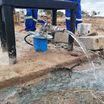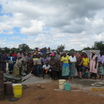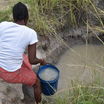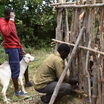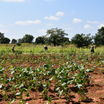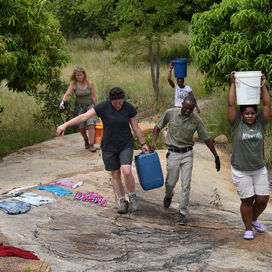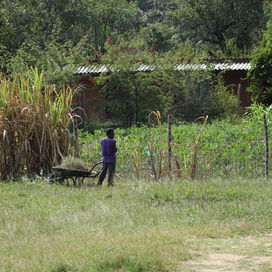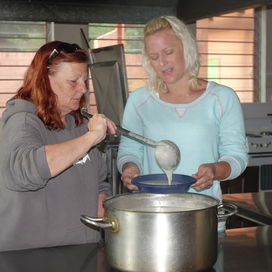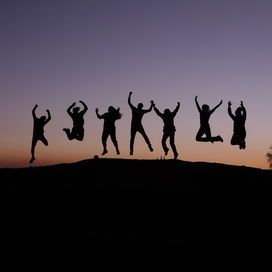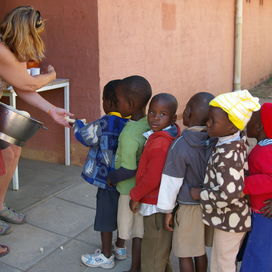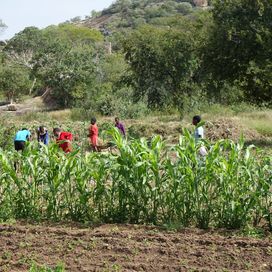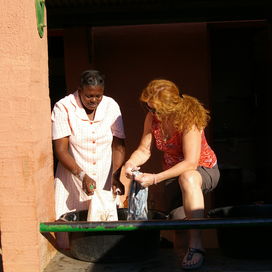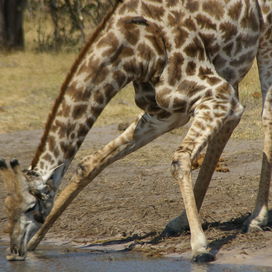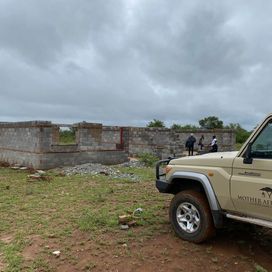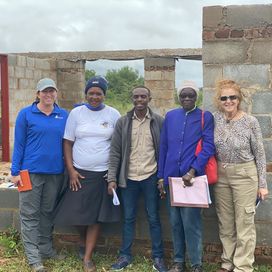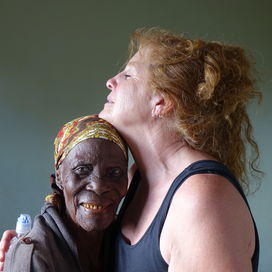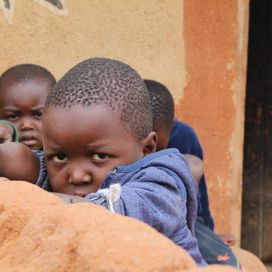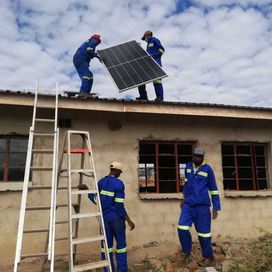Zimbabwe Treasure Chest
Project Complete!
This is where you come in. We need your support to raise $50,000. And this year, we have a generous donor who will be matching funds up to $50,000. The Mains'l Mission Team will be journeying to Zimbabwe in September. We will be working alongside community members in a variety of ways:
- Putting in bore holes and/or equipment for much needed water (boreholes average $10,000 each)
- Beginning plans and construction for another classroom in a rural area of Mgadla (the first classroom we constructed cost approximately $35,000)
- Conservation efforts to keep wild animals in balance with farm animals. With little tourism, the big five (lion, leopard, rhino, elephant and buffalo) have overrun villages and towns. These animals are threatened by community members, who are eliminating them to protect their livestock. Without these efforts, game viewing is lessened and tourism suffers (Bomas cost around $1200 each, which keeps cattle safe at night from predators: lions, hyenas, cheetah)
- Antipoaching efforts: Includes job opportunities, as well as protecting and preserving the wildlife that often becomes threatened or endangered (education, security, and tracking initiatives - building fences around national game parks cost of average of $3000 per kilometer/.62 miles)
- Capital improvements and maintenance on existing structures (Old Age Homes, orphanages and schools are in dire need of repairs - average $10,000 per structure)
- Supporting start ups for local micro-businesses for sustainable income, such as bread making, chicken and goat farming, structures for artists to display their crafts of wood carvings and more for tourism purchases ($2,000 per microbusiness average)
H2O for Life partners with experienced NGO organizations around the world that build and support clean water, sanitation, and hygiene education projects in schools. These NGO partners cover half the total cost of every project funded through H2O for Life.
When students raise money for a project, 90% of the funds go directly to the project, and 10% supports the work that makes the project possible. This includes choosing trusted partners, managing funds responsibly, checking on projects, and reporting back so students can see the impact of their work.
This helps ensure every project is done well, stays sustainable, and truly changes lives.
In rare situations, we reserve the right to reallocate funds to alternate project(s).
Questions? Ask us at 651-756-7577 or info@h2oforlifeschools.org.

